March 2022
Keep The Course
Christopher P. Lorenz
Spring is on our doorstep, life in New England seems to be returning to normal, and I have never been so appreciative to live in a free and peaceful place. We have a messy democracy and many in our society face enormous challenges, but when I inspect the international landscape, we are blessed to live where we do. My friends and family have as much work as they want, businesses are highly profitable, schools are open, and kids are back on the field playing sports. These anecdotal observations provide me with confidence, pride and relief. Then I turn on the TV and my bubble is burst. As an investor these two observations strike me as contradictory and makes it extremely difficult to know what, if any, changes should be made to our strategy.
Over the past few year’s investors have been blessed with double digit gains in the midst of an international health crisis. It makes sense that after achieving large gains in asset values that there would be a pause or even a step backward. Market downturns have catalysts, and 2022 ushered in multiple negative events impacting the macroeconomy and legitimately frightening investors. Inflation and higher interest rates are felt by everyone, and reflect an economy that is moving too fast, but markets have proven that they can do well during the rate hiking cycle that historically follows an overheating economy. Unfortunately, just as this international health crisis wanes, we are experiencing geopolitical turmoil, not only testing the strength of our investments, but also, our collective humanity.
It is understandable that investors are nervous and there is a temptation to make investment decisions based on emotional reactions to what we see on TV. These are stressful times to invest and it is my job to help clients mitigate the stress and make sound, mathematically informed decisions (tax consequences and recover times) that allow you to stay on track with long term financial goals. I started managing investment portfolios in 1998 and since then I have helped clients navigate multiple deep recessions, the 9/11 tragedy and numerous market dips. That experience helps me remain calm in the face of calamity and allows me to maintain a steady hand and focus on our portfolio companies regardless of circumstance. In every market disruption over the years, it has proven wise to stay the course with slightly lower stock allocations and higher cash levels, which we currently have in our portfolios. During the course of my career, I’ve also learned that trying times often present the best investment opportunities.
A short-term pivot to cash or overly defensive strategy can lower your chances of achieving long-term goals. My focus as a portfolio manager is assuaging my clients fear and shifting the focus to thoughtful, long-term investment decisions. I am constantly reviewing each client’s needs and if there is excess liquidity, I look for opportunity. There are numerous companies in our portfolios which are performing quite well, and are worth adding because their stock prices have dropped.
When I look back at my client updates from the past two years, I’ve frequently used the term resilient to describe our economy’s ability to handle adversity and change. While I am deeply saddened by the events in Ukraine, I don’t believe it will lead us into recession. Our portfolio companies and our economy are resilient, and should the market be shaken, my experience allows me to see opportunity in tumultuous times.
In time, our portfolios will grow as they have previously and we will achieve our long-term financial goals.
Please reach out with questions and concerns.
